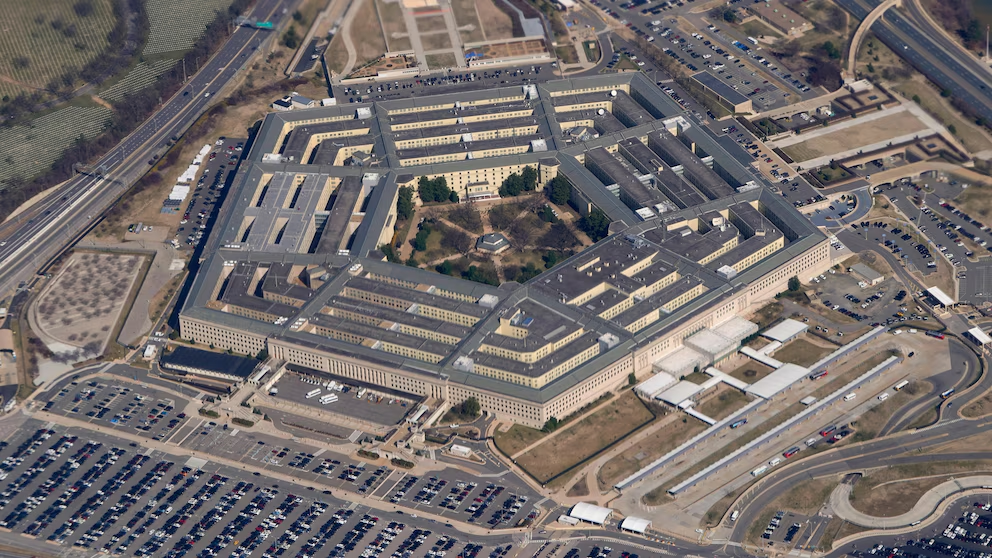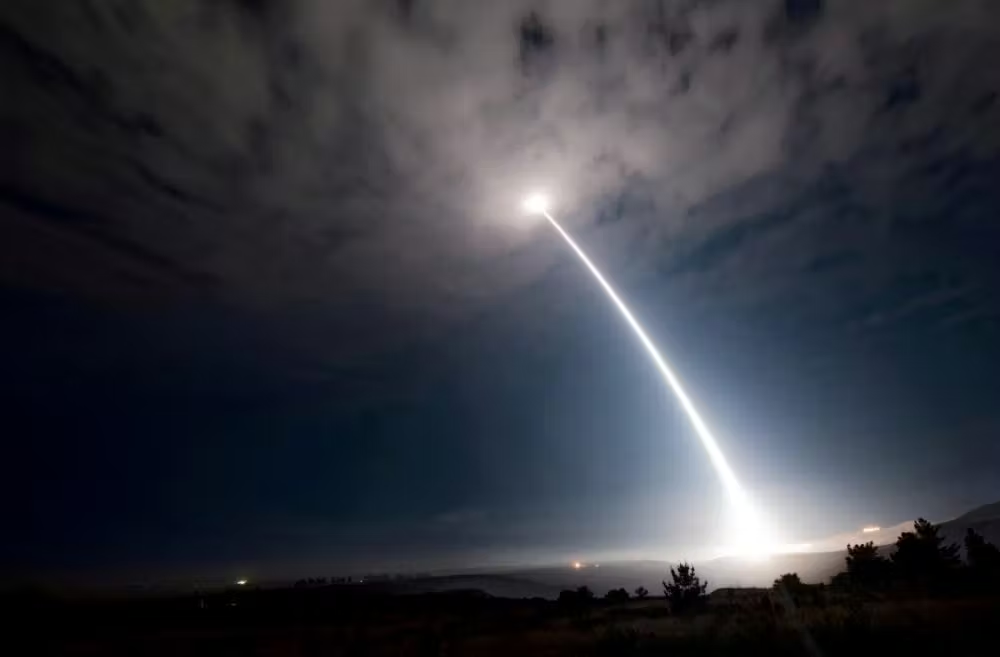Already a subscriber? Make sure to log into your account before viewing this content. You can access your account by hitting the “login” button on the top right corner. Still unable to see the content after signing in? Make sure your card on file is up-to-date.
US Secretary of Defense Lloyd Austin has confirmed to lawmakers that the Department of Defense will continue the Sentinel nuclear missile program despite its escalating costs.
Citing its importance to national security, Austin’s office confirmed that the Sentinel program, which aims to replace the aging Minuteman III intercontinental ballistic missiles (ICBMs), will proceed because there are no viable alternatives. The program, anticipated to cost $141 billion and plagued with delays, is 80% more than previously projected.

William LaPlante, the under secretary of Defense for acquisition and sustainment, acknowledged the program’s significant costs but stressed its necessity. “We are also aware of the risks of not modernizing our nuclear forces and not addressing the very real threats we confront. There are reasons for the cost growth, but there are no excuses. We are already working to address the root causes.” LaPlante added, “The nuclear triad is the foundation of our national defense, and as our competitors modernize their own nuclear forces, the urgency of pacing the threat is reflected in our Nuclear Posture Review.”
While vowing to continue with the program, LaPlante noted that the Air Force has been directed to restructure the Sentinel program and manage cost increases. Despite this, significant opposition remains from some US lawmakers and hundreds of scientists. Tara Drozdenko, who organized a letter endorsed by 700 scientists calling for the US to halt the program, stated, “There is no sound technical or strategic rationale for spending tens of billions of dollars building new nuclear weapons. These weapons — stored in silos across the Plains states — place a target on communities and increase the risk of nuclear war while offering no meaningful security benefits. The US could eliminate the land-based leg of the triad tomorrow and the US public would only be safer for it.”

Another view:
Despite the pushback, some lawmakers and top generals argue that the investment is necessary, especially since America’s current Minuteman missiles are over 50 years old. General David Allvin, in particular, stated, “While I have confidence in our legacy systems today, it is imperative that we modernize our nuclear triad. A restructured Sentinel program is essential to ensure we remain best positioned to address future threats.”
This all comes as China is actively modernizing its nuclear arsenal to enhance its strategic capabilities and maintain a credible deterrent. The country is developing new intercontinental ballistic missiles like the DF-41, upgrading its warheads, and expanding its fleet of nuclear-powered submarines for improved second-strike capabilities. Additionally, China is working on the H-20 stealth bomber to increase the range and survivability of its nuclear delivery systems.






